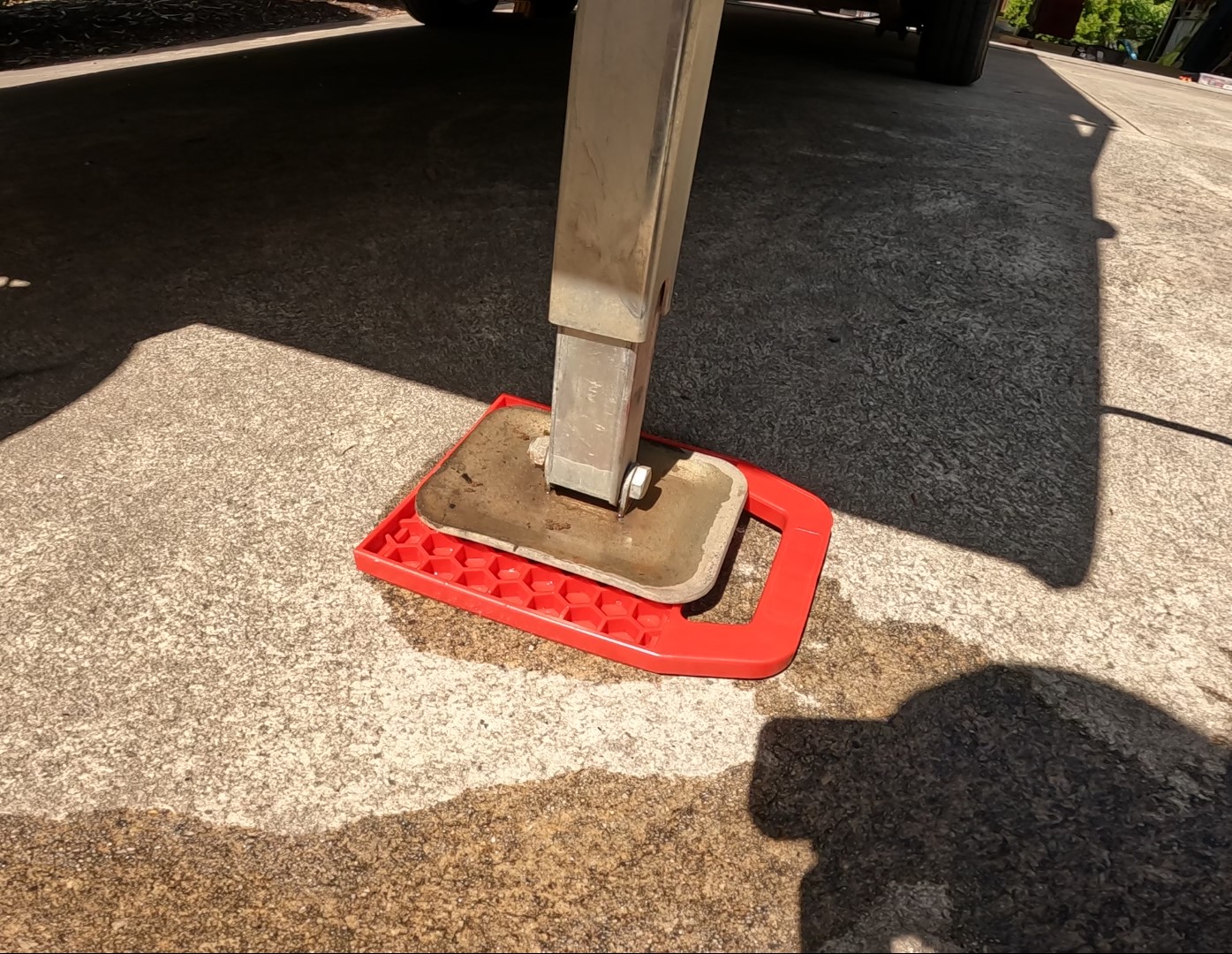Ants invading your caravan can quickly go from a minor nuisance to a major frustration—especially when they start showing up around your window seals, bench tops, pantry, and even your food supply. In some cases, the situation can get so out of hand that you might find yourself questioning whether caravanning is worth the hassle. But before you take any drastic steps you'll regret, we’ve put together a practical guide with tips for both preventing ants and getting rid of them effectively. With the right approach, you can take back control and enjoy your travels ant-free.
How to Prevent Ants in Your Caravan
When it comes to keeping ants out of your caravan, prevention is always better than cure. These simple habits and smart storage choices will make your caravan far less inviting to ants and other pests.
Store Food in Airtight Containers
Ants are experts at finding even the smallest food crumbs or unsealed packages. Pegs on chip bags or cereal boxes aren’t enough to keep them out. For proper ant prevention in your caravan, always use airtight containers for dry goods, snacks, and leftovers. This keeps food fresher for longer and blocks out pests entirely.
Clean Up Spills and Crumbs Immediately
Sticky coaster rings, dropped food, and crumbs are an open invitation to ants. Be diligent about wiping down benches and tables right away, and make sure you dispose of crumbs properly—don’t sweep them onto the caravan floor or into your indoor bin. Use a dustpan and brush to gather crumbs, then discard them well away from your caravan.
Wash or Rinse Dishes Straight Away
Leaving dirty dishes in the sink—even briefly—can attract ants with leftover food scraps or sugary residue. Rinse dishes immediately or, better yet, wash them as soon as possible. It’s a simple step that significantly reduces the risk of ant infestations.
Empty Caravan Bins Regularly
Even a half-full bin can release enough scent to attract ants, especially in warm weather. Use a small bin inside your caravan to encourage more frequent emptying and prevent a build-up of tempting smells. Make it part of your daily caravan cleaning routine.
Clear Out Pantry and Clean Before Storage
If you’re leaving your caravan unused for a few weeks or months, be sure to remove all food from the pantry. Give the shelves and cupboards a thorough clean to eliminate any lingering food scents. Even sealed food can give off aromas that attract ants over time.
Try Natural Ant Repellents
Cinnamon, peppermint oil, and tea tree oil are all known for their ant-repelling properties. Leave a few cinnamon sticks in cupboard corners or soak cotton balls with essential oils and place them in potential entry points. These natural remedies are a great way to deter ants without using harsh chemicals.
Use Ant-Kill Products Around Entry Points
After a trip or before storing your caravan, place ant-kill or bait stations around common entry points such as the jockey wheel and tyres. This can help create a barrier and reduce the chance of ants climbing into your van from the ground.
Avoid Contact with Overhanging Trees and Branches
Don’t give ants easy access to your caravan roof. Avoid parking near overhanging branches or leafy trees, and make sure nothing is touching the top or sides of your van. Ants can use these as bridges to gain access to your interior.
Block Ant Entry from the Ground Up
Another simple and effective way to prevent ants from climbing into your caravan is by using Redfoot Levelling Anti Ant Stabiliser Pads. These pads sit beneath your caravan’s stabiliser legs and create a physical and chemical free barrier that stops ants from gaining access via the ground. They’re a great long-term solution, especially if you frequently stay in bushy or sandy areas where ants are more prevalent.
How to Get Rid of Ants in Your Caravan
If ants have already made their way into your caravan, it’s time to take action. These ant eradication methods range from natural home remedies to more intensive treatments—so you can tailor your approach based on the severity of the infestation.
Use Talcum Powder to Break the Ant Trail
Talcum powder is a safe, non-toxic option that works well if you have kids or pets in your caravan. Sprinkle it along visible ant trails, around tyres, and near anything touching the ground. The fine powder disrupts their scent trail and can help block further entry.
Try Commercial Ant Eradication Products
For more severe infestations, it may be time to turn to store-bought ant baits or sprays. Visit your local Woolworths or Coles and look for caravan-safe ant control products designed to target the colony at its source. If ants have moved into the walls or structure of your van, stronger products may be needed to reach the queen ant and stop the problem at its root. Always follow the product directions carefully for safe and effective use.
Wipe Down Caravan Surfaces with Vinegar
White vinegar is a natural and affordable solution to repel ants. Wipe down benches, window sills, and other surfaces where ants have been spotted. The strong smell disrupts their scent trail and helps discourage them from returning. Results may not be immediate—so be patient and reapply regularly for best results.
Contact a Professional Pest Control Service
If the infestation is serious or ants are hiding deep within your caravan’s structure, professional pest control may be the most effective solution. Most pest companies can adapt their residential treatment methods to suit caravan interiors. They’ll assess the situation and tailor a treatment plan to ensure your caravan is properly and safely treated. While this is a more expensive option, it can save you time, stress, and future infestations.
We hope you have found some of these tips and tricks useful for keeping your caravan free from those pesky ants and their friends. Try and remember that prevention really is the best cure and doing little things every day will go a long way in ensuring your home on wheels is pest free.
DISCLAIMER* Please note, this advice is general in nature and we strongly recommend consulting the product manual and where relevant, a professional installer.







